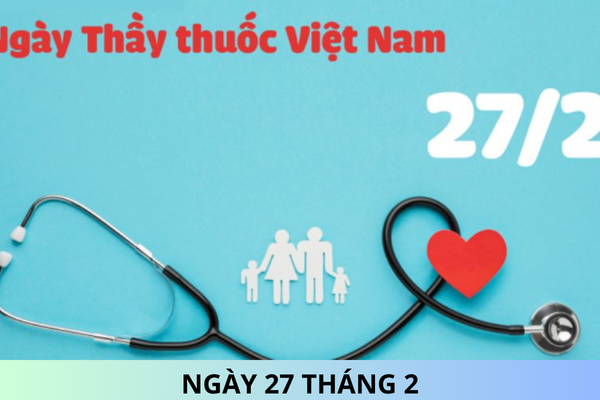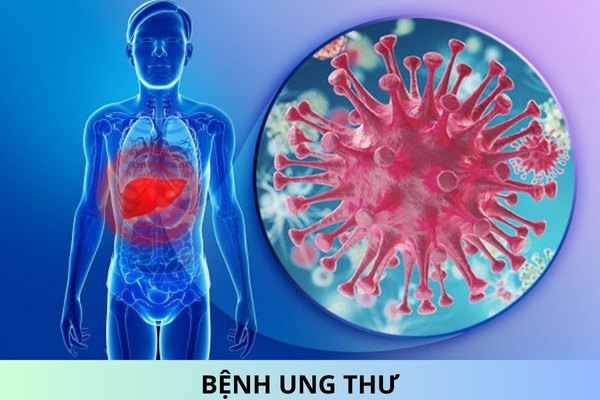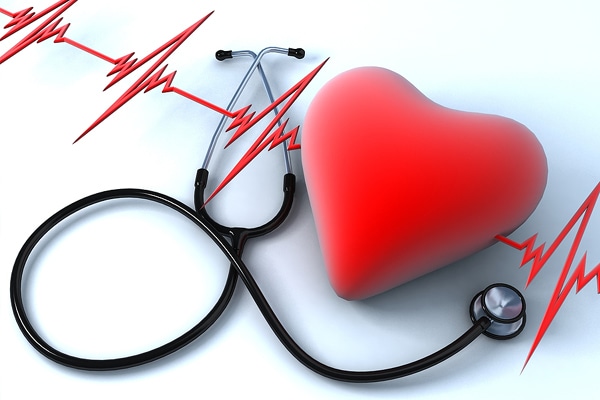What are fatal diseases according to the law in Vietnam?
What are fatal diseases according to the law in Vietnam? Are people with fatal diseases in Vietnam eligible for personal income tax reduction? Thank you!
What are fatal diseases according to the law in Vietnam?
Currently, there is no unified regulation on fatal diseases and a list of diseases that are considered fatal diseases.
The definition of fatal diseases and the list of fatal diseases are scattered in a number of documents, such as:
Regarding the definition of fatal diseases
According to Clause 4, Article 8 of Resolution 02/2018/NQ-HĐTP, a person is considered to be suffering from a fatal disease if a provincial hospital or military hospital at the military region level or above concludes that the person is suffering from a life-threatening disease that is difficult to cure, such as:
- End-stage cancer; Cirrhosis with ascites; Advanced tuberculosis of degree 4 resistant to drugs; Poliomyelitis; Heart failure of degree 3; Renal failure of degree 4 or higher;
- HIV/AIDS with opportunistic infections that are unable to take care of themselves and have a high risk of death
In addition, Clause 4, Article 3 of Decree 140/2021/NĐ-CP also provides a definition of fatal diseases, specifically:
A person is considered to be suffering from a critical illness if they are currently suffering from one of the following life-threatening diseases:
- End-stage cancer; Cirrhosis with ascites; Advanced tuberculosis of degree 4 resistant to drugs; Poliomyelitis; Heart failure of degree 3 or higher; Renal failure of degree 4 or higher; HIV/AIDS with opportunistic infections that are unable to take care of themselves and have a high risk of death;
- Other diseases that have been confirmed as critical illnesses by a medical examination and treatment facility at the district level or above in accordance with the regulations of the Ministry of Health.
Regarding the list of fatal diseases
First, the list of fatal diseases and illnesses requiring long-term treatment issued under Circular 26/2014/TT-BQP, which provides for a list of fatal diseases and illnesses requiring long-term treatment to implement the regime and policies in the military, stipulates nine types of dangerous diseases, including:
- Cancers
- Neurological diseases
- Liver diseases
- Urinary system diseases
- Metabolic diseases
- Respiratory system diseases
- Circulatory system diseases
- Musculoskeletal diseases
- Immunodeficiency syndrome
In addition, pursuant to Article 4 of the List of fatal diseases issued together with the Decree 134/2016/NĐ-CP stipulating 42 diseases that are considered fatal diseases:
|
1. Cancer |
16. Progressive muscular atrophy |
30. Lupus erythematosus |
|
2. First-time myocardial infarction |
17. Severe rheumatoid polyarthritis |
31. Organ transplantation (heart, liver, kidney transplantation) |
|
3. Coronary artery surgery |
18. Gangrene because of hemolytic streptococcal infection |
32. Progressive pulmonary tuberculosis |
|
4. Heart valve replacement surgery |
19. Aplastic anemia |
33. Severe burns |
|
5. Aorta surgery |
20. Paralysis of two limbs |
34. Heart muscle disease |
|
6. Stroke |
21. Blindness of both eyes |
35. Alzheimer’s disease |
|
7. Coma |
22. Loss of two limbs |
36. Pulmonary arterial hypertension |
|
8. Multiple sclerosis |
23. Hearing loss |
37. Neurotransmitter disorder |
|
9. Amyotrophic lateral sclerosis |
24. Mutism |
38. Severe traumatic brain injury |
|
10. Parkinson’s disease |
25. Systemic and permanent injuries |
39. Podoconiosis |
|
11. Bacterial meningitis |
26. Renal failure |
40. Occupational HIV infection |
|
12. Severe encephalitis |
27. Medullary cystic disease |
41. Bone marrow transplantation |
|
13. Benign brain tumors |
28. Recurrent chronic pancreatitis |
42. Poliomyelitis |
|
14. Muscular dystrophy |
29. Liver failure |
|
|
15. Progressive spinal muscular palsy |
|
|
Are people with fatal diseases in Vietnam eligible for personal income tax reduction?
Pursuant to Article 5 of the Law on Personal Income Tax in 2007, taxpayers who face difficulties caused by natural disasters, fires, accidents or severe diseases and affecting their tax payment ability may be considered for tax reduction corresponding to the extent of damage they suffer from but not exceeding payable tax amounts.
In addition, pursuant to Article 5 of the Decree 65/2013/NĐ-CP, taxpayers who face difficulties caused by natural disasters, fires, accidents or severe diseases and affecting their tax payment ability may be considered for tax reduction corresponding to the extent of damage they suffer from but not exceeding payable tax amounts.
As regulations above, people with fatal diseases in Vietnam maybe eligible for personal income tax reduction as prescribed per law.
What are fatal diseases according to the law in Vietnam? - Image from Internet
What documents are required for personal income tax reduction for people with fatal diseases in Vietnam?
Pursuant to Article 5 of the Decree 65/2013/NĐ-CP stipulating tax reduction as follows:
Tax reduction
1. Taxpayers who face difficulties caused by natural disasters, fires, accidents or severe diseases and affecting their tax payment ability may be considered for tax reduction corresponding to the extent of damage they suffer from but not exceeding payable tax amounts.
2. The Ministry of Finance shall provide procedures and dossiers for and consideration of personal income tax reduction specified in this Article.
In addition, Subsection 87 of Section 2 of the Administrative Procedure issued under Decision 1462/QĐ-BTC in 2022 provides guidance on the documents required for reducing personal income tax for people with fatal diseases. These documents include:
- A written request
- A copy of the medical record or a summary of the medical record or a medical record book in accordance with the law on medical examination and treatment;
- Documents proving the cost of medical examination and treatment issued by the medical authority; or invoices for purchasing medicines for treatment accompanied by a doctor's prescription;
- A personal income tax return (if the taxpayer requests a reduction in personal income tax for income from salary, wages).
Best regards!











